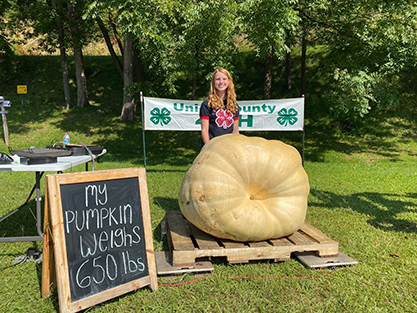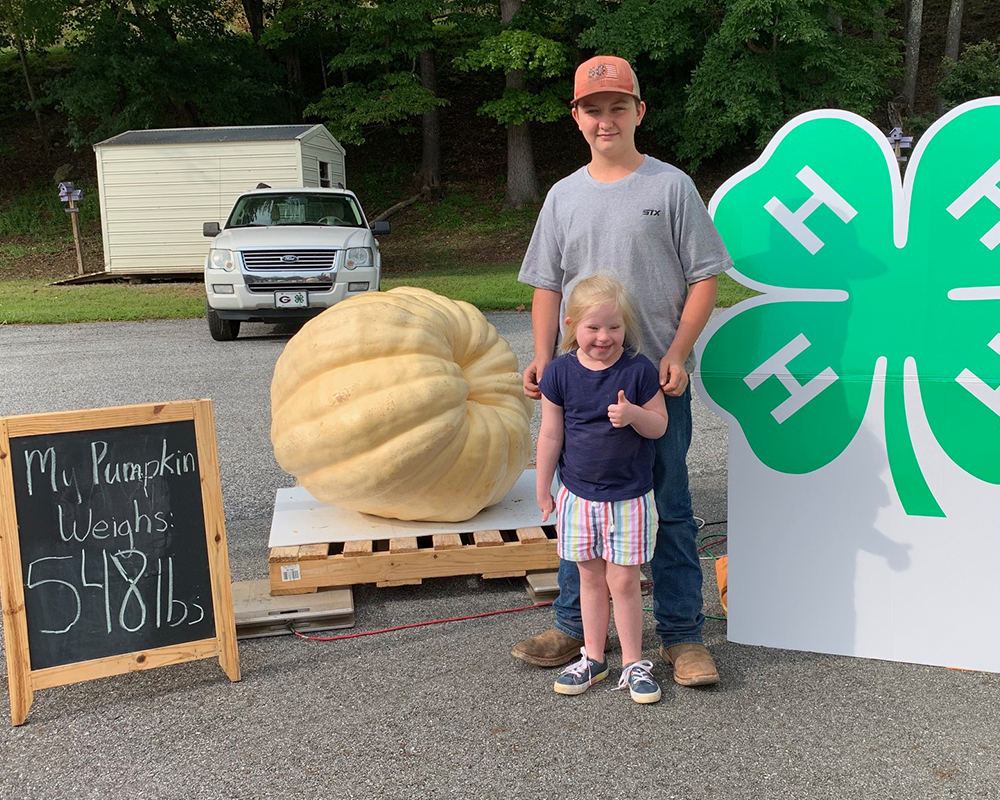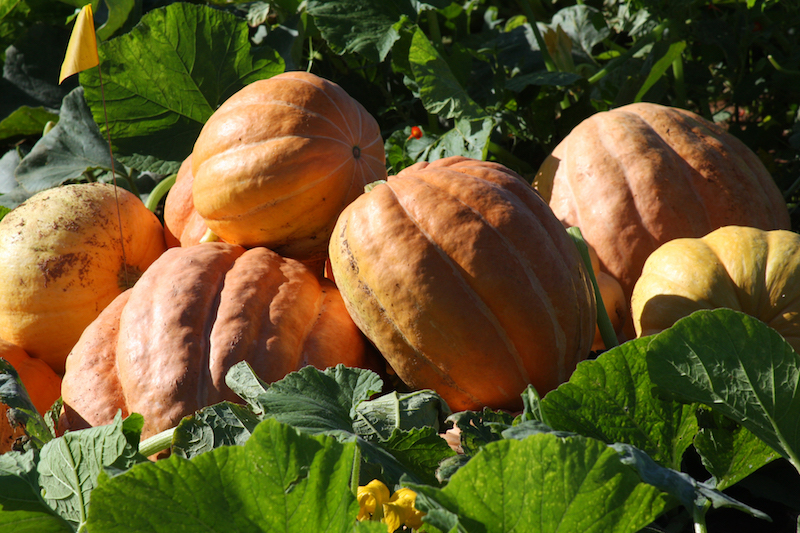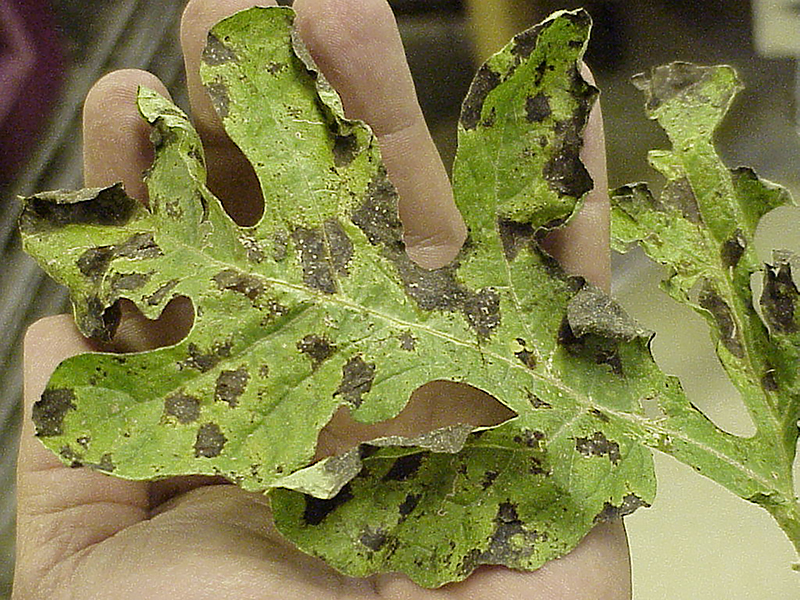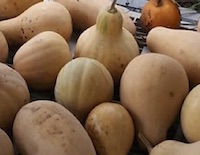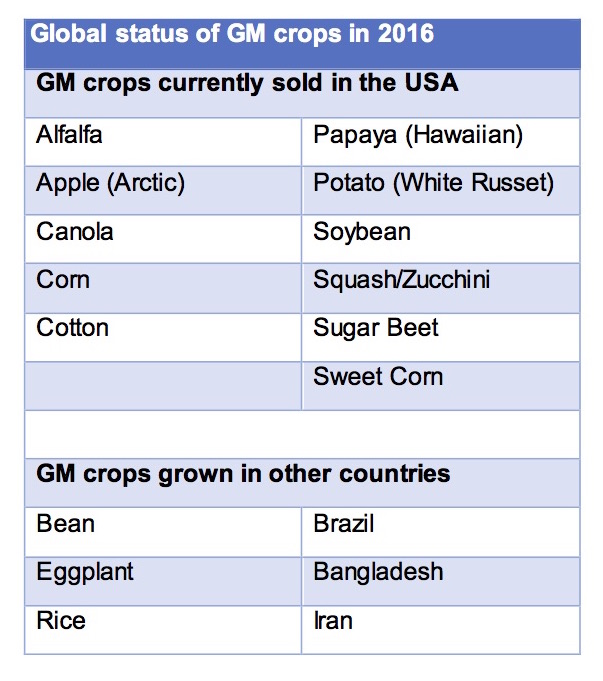 CAES News
CAES News
A Shared Harvest
On a sunny day with bright-blue skies, I arrive at Mark’s Melon Patch in Sasser, Georgia, and immediately spot the familiar white University of Georgia Cooperative Extension pickup truck, the Terrell County Extension logo prominently displayed on the door. Seth McAllister, the Agriculture and Natural Resources agent for Terrell County, greets me with a broad grin and a firm handshake. Terrell County alone has 60,000 acres of row crops, half in cotton. But what McAllister loves most about his role as an Extension agent is the diversity of his work.

